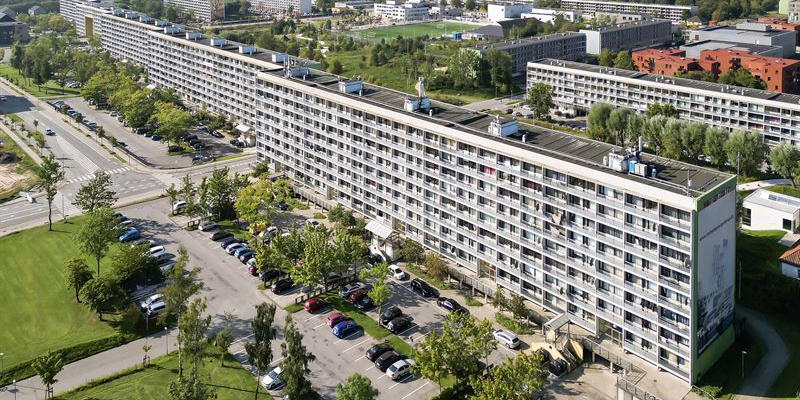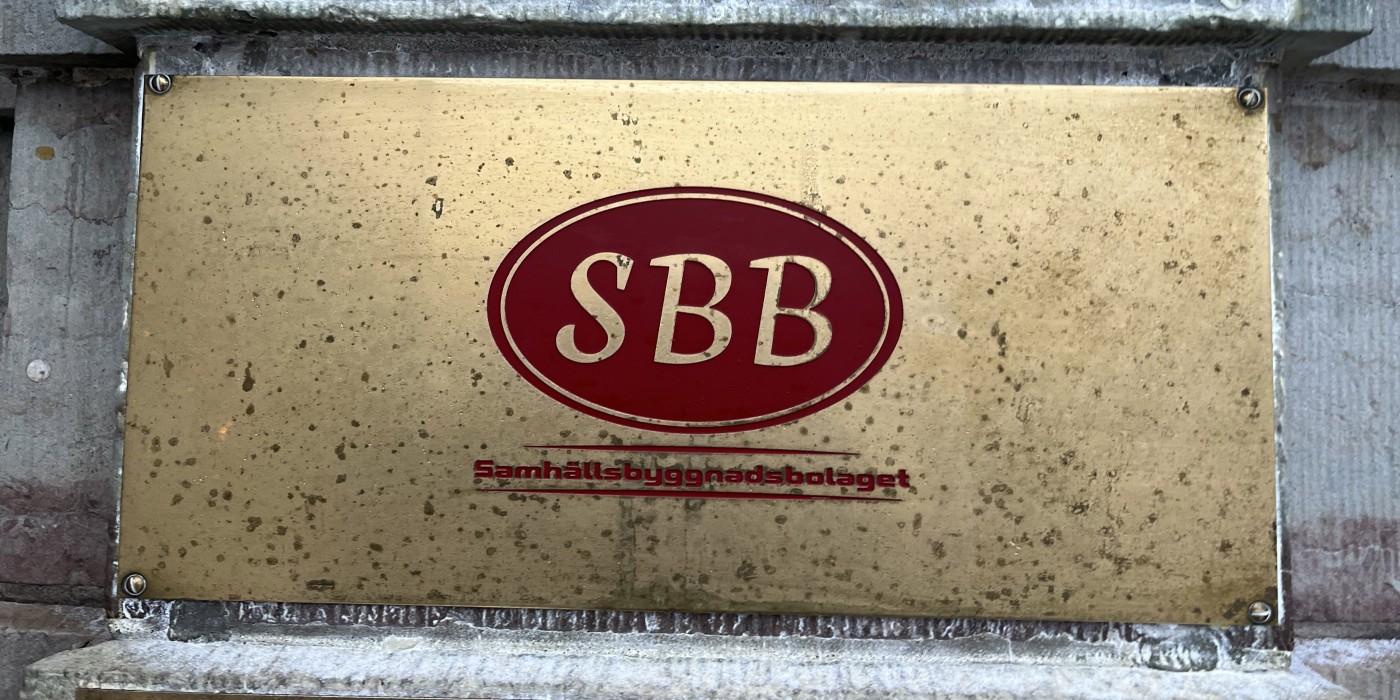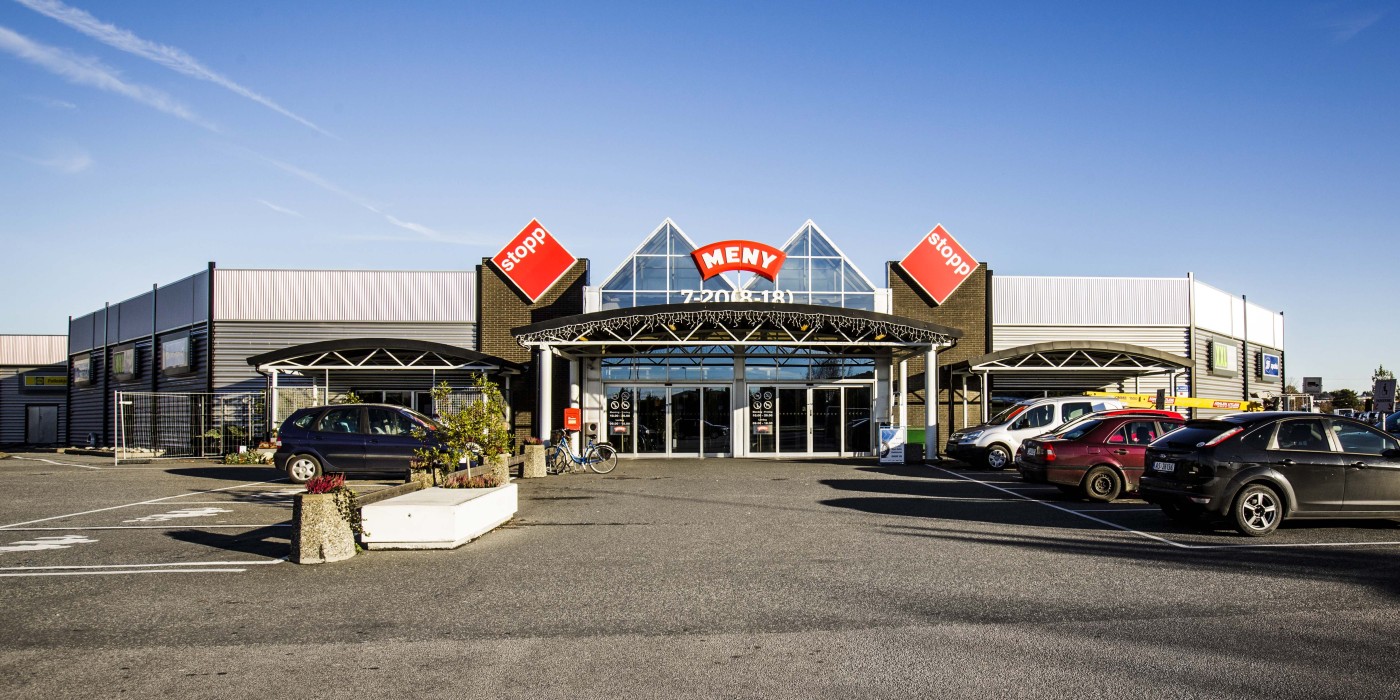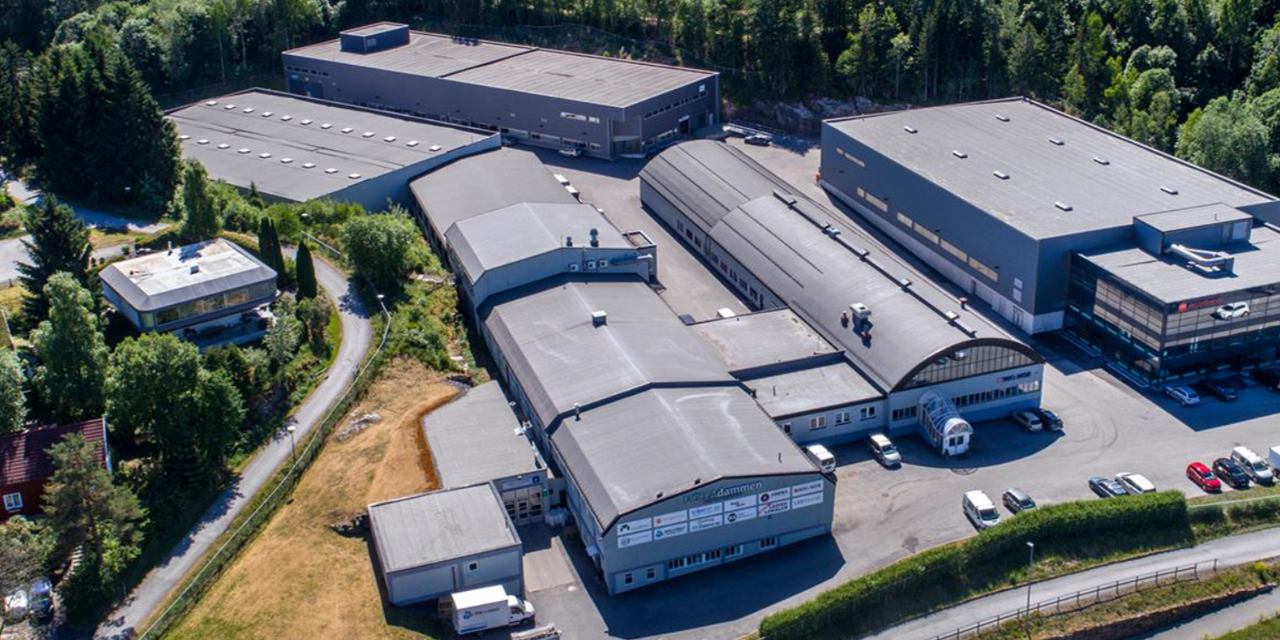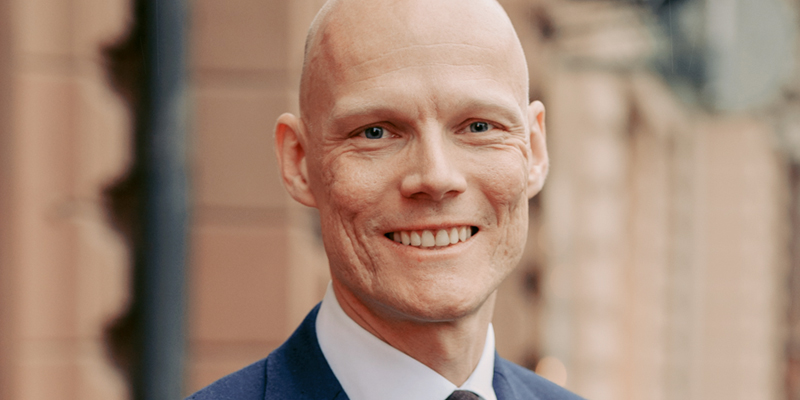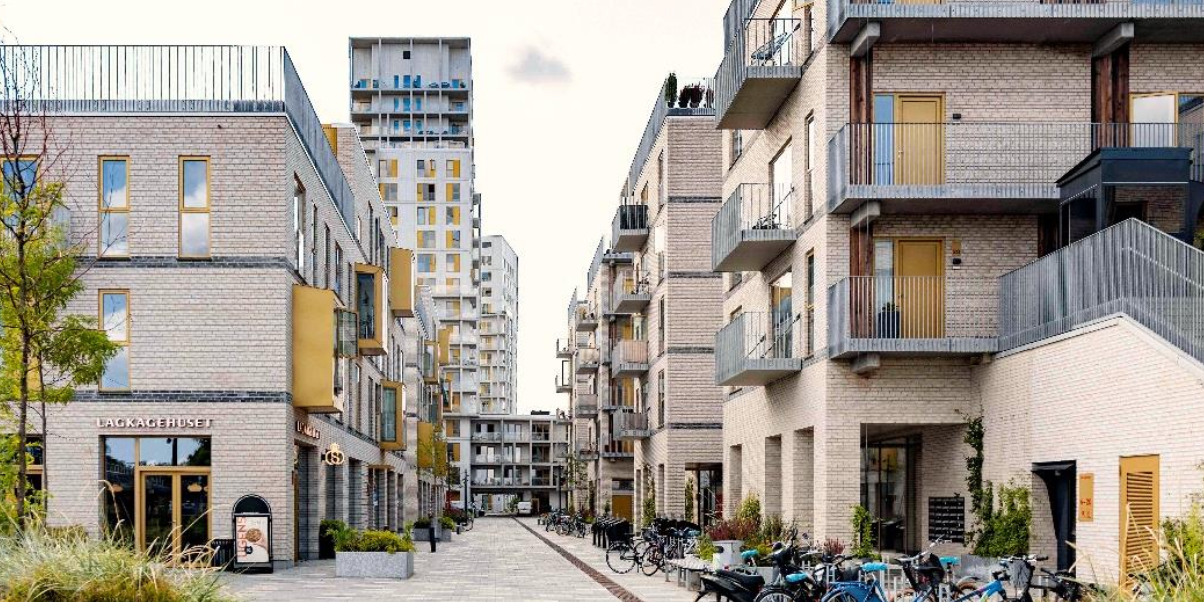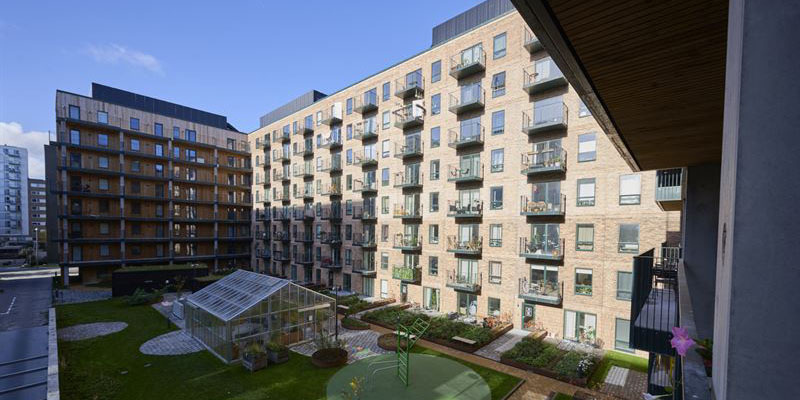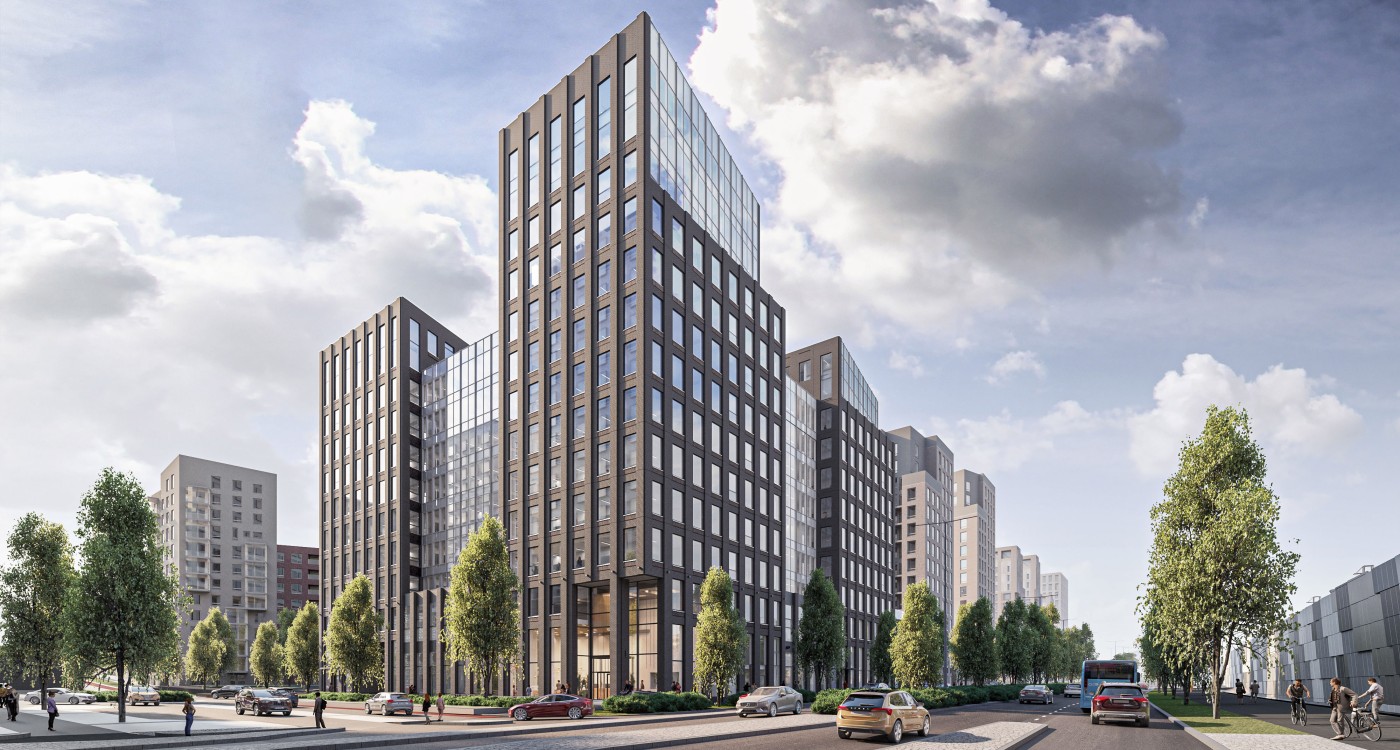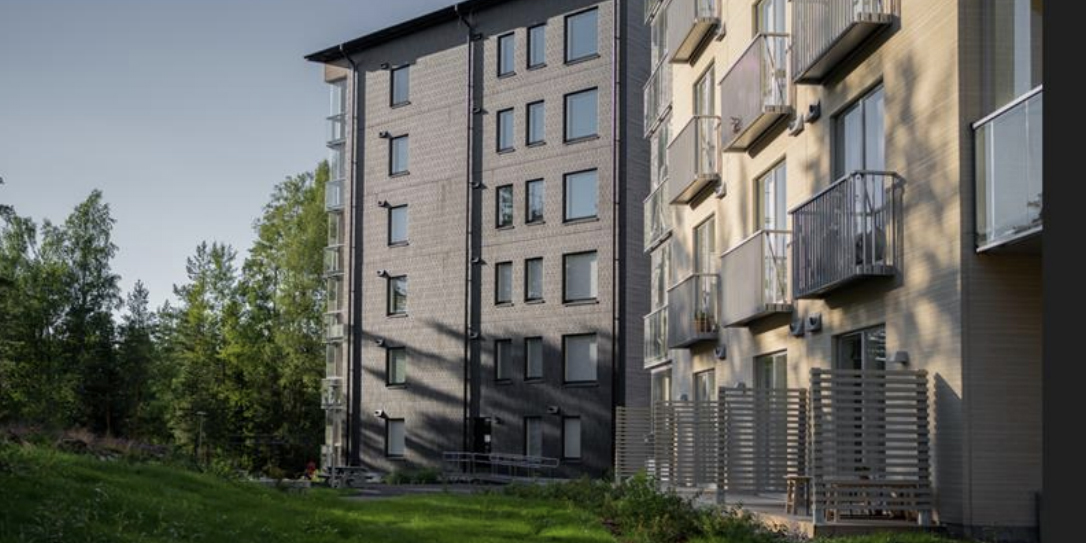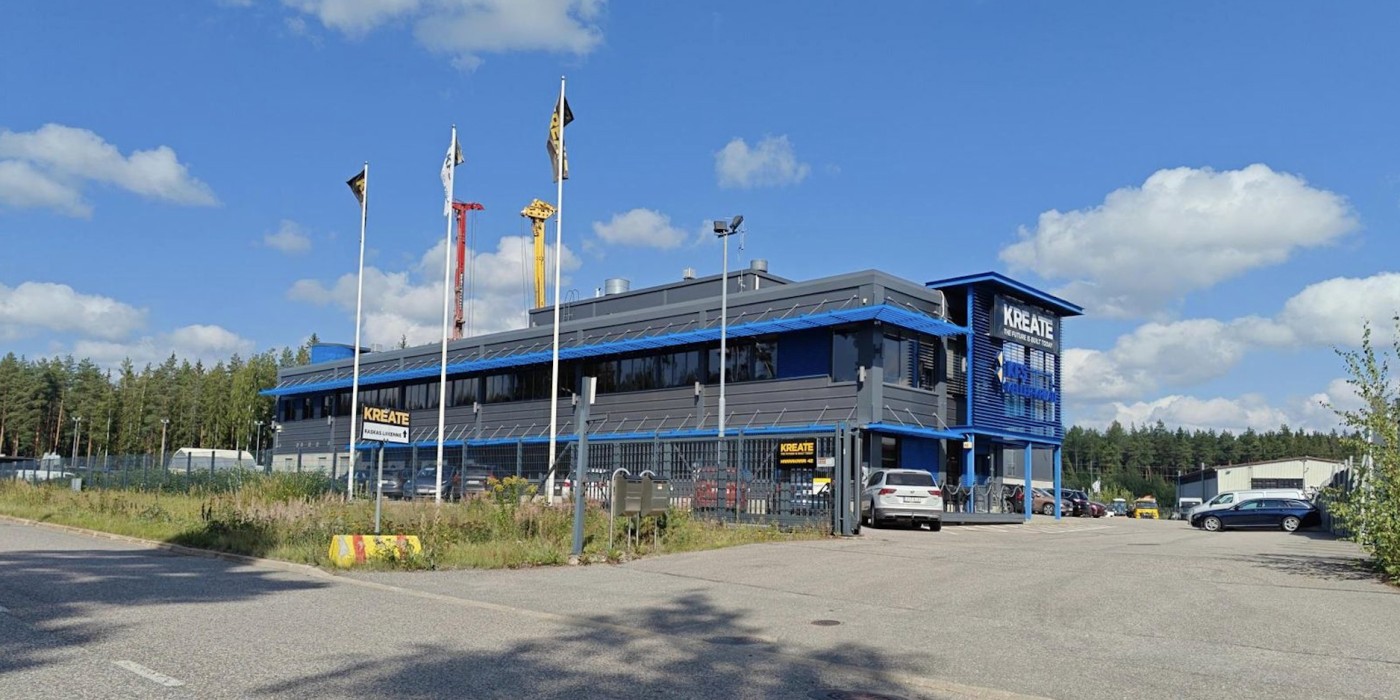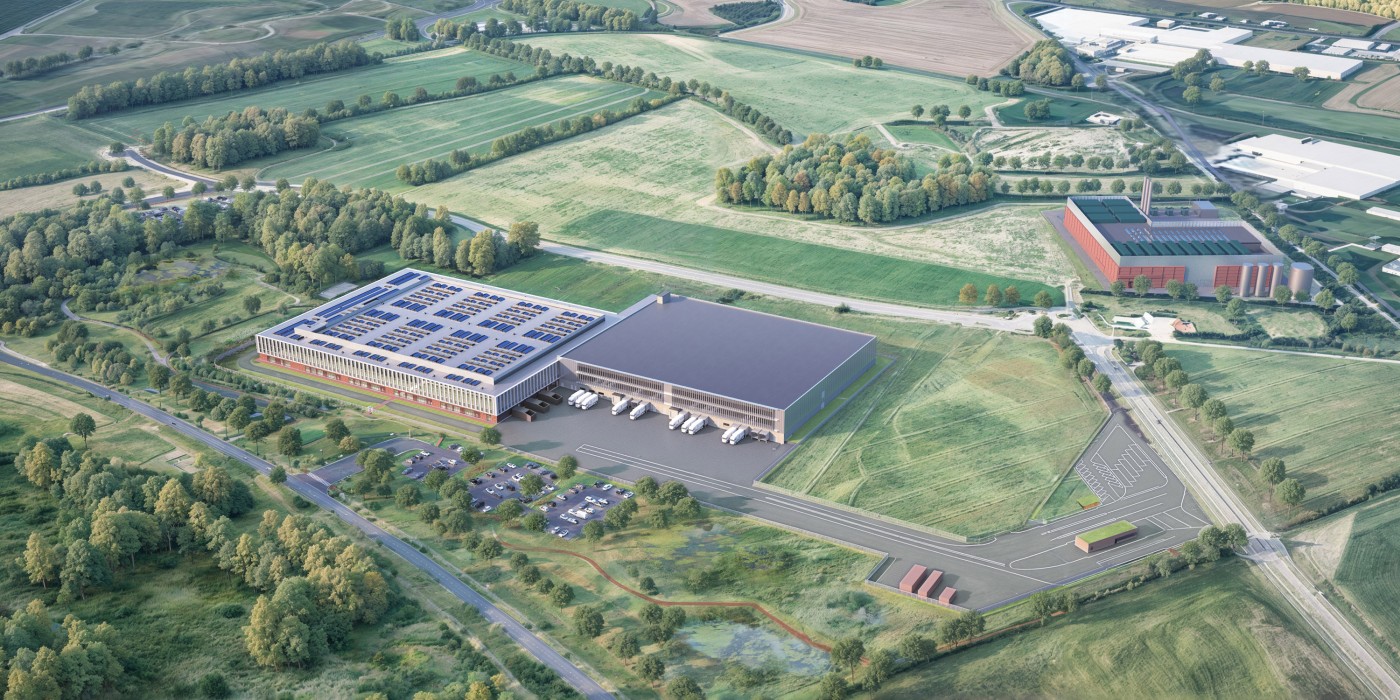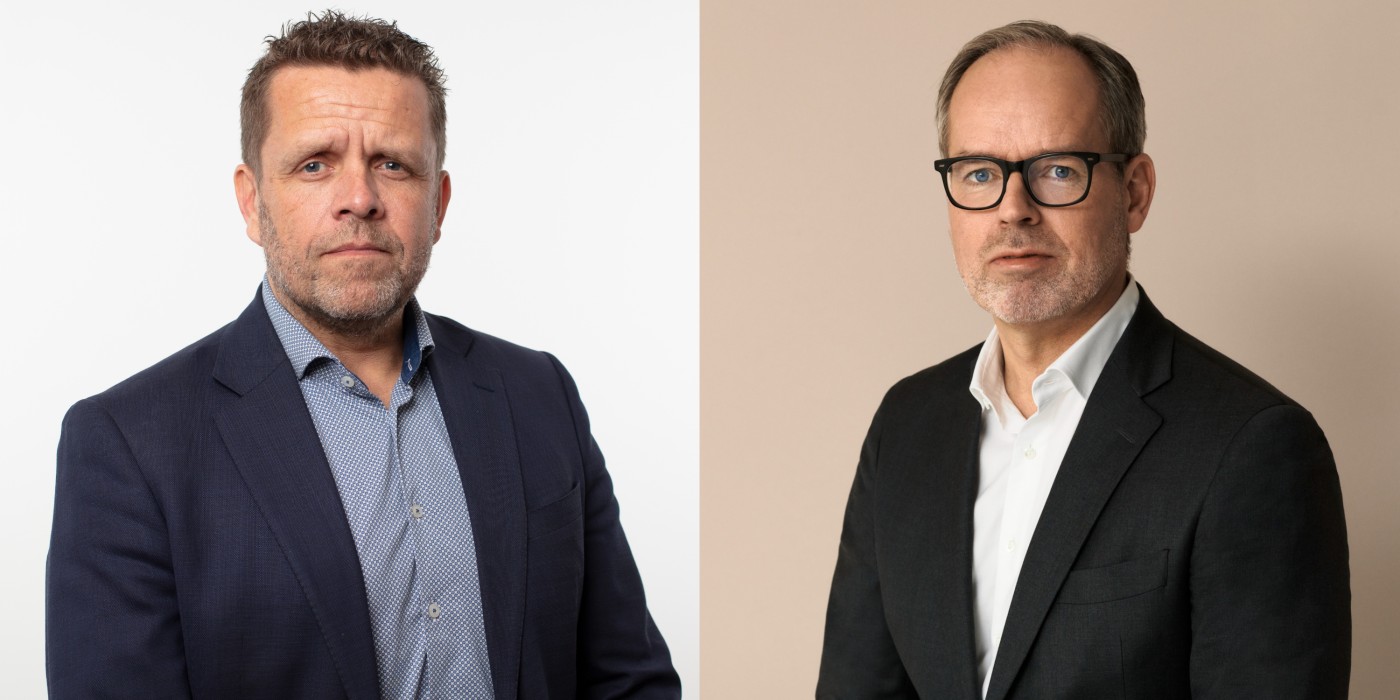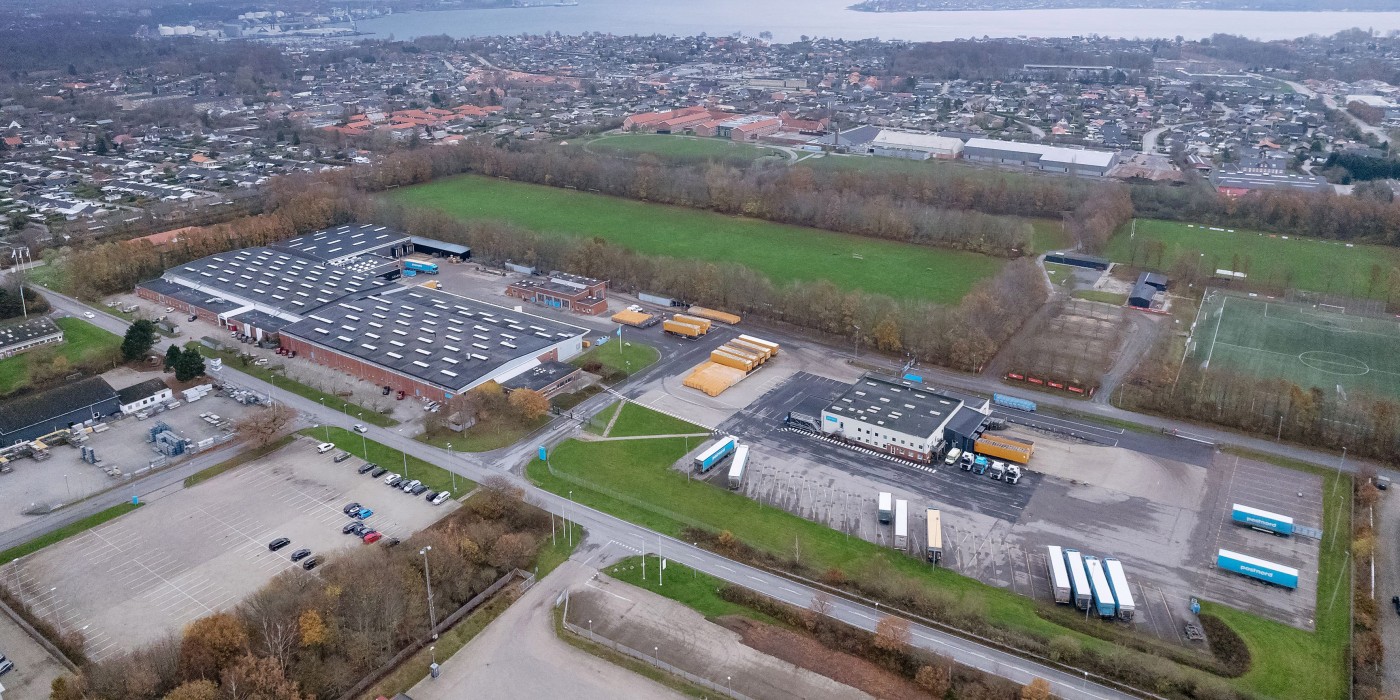The investment is the largest single investment for PFA Real Estate to date and a manifestation of the previously announced focus to significantly increase the share of global real estate investments in the portfolio towards 2022.
The Head of Real Estate of PFA points out that the investment is a central component in the strategy with an increased focus outside the Danish borders in order to get the best possible returns to the members.
”The investment is one of the most significant investments to date and is in line with the focus on direct and mega-trend driven real estate investments. It provides a unique exposure to both residential and commercial use in the growing real estate market in the leading economy in Europe. Many of the properties are located in key cities such as Berlin, Dusseldorf and Munich providing a good potential for a solid risk-adjusted return to our members”, says the Head of Real Estate Michael Bruhn.
He adds that the portfolio includes significant development opportunities in strategic locations expected to contribute positively to the returns.
Besides being a significant contribution to PFA Real Estate’s global portfolio, the investment is also part of the latest development, where an increasing amount of pension capital is allocated to real estate investments and other alternatives, which are a strong viable alternative to other types of investments due to decreasing returns on bonds among other things.
German Industria Wohnen is the seller of the portfolio. The total investment consists of nearly 250,000 sqm allocated to over 3,700 units. The properties are located in 15 different locations all over Germany. The investment is being accomplished in close cooperation with Domicil Real Estate GmbH.
Michael Bruhn points out that to an increasing extent the German real estate market is characterised by limited supply and very high demand for both residential and commercial properties. This development is expected to continue over the next years, which is currently illustrated in cities such as Berlin, Munich and Dusseldorf, where it is expected that less properties than needed will be constructed over the coming years.
”For the most part the investment assets are situated in strategically strong locations in larger German cities, which are experiencing a positive development on key parameters and have very low vacancy rates within most property types. This trend is enhanced by a strong market demand. This has, together with a lack of supply over the last years, put upward pressure on market prices. Even if we would not expect this development to continue at the same pace, we assume a solid foundation for rather robust investments with relatively limited risk exposure”, says Michael Bruhn.
The purchase agreement has recently been signed and the 34 properties across 15 German cities are expected to be taken over by the end of the year.


 All Nordics
All Nordics
 Sweden
Sweden
 Denmark
Denmark
 Finland
Finland
 Norway
Norway


